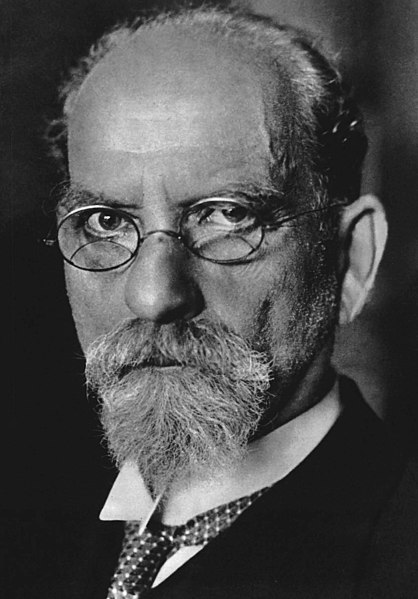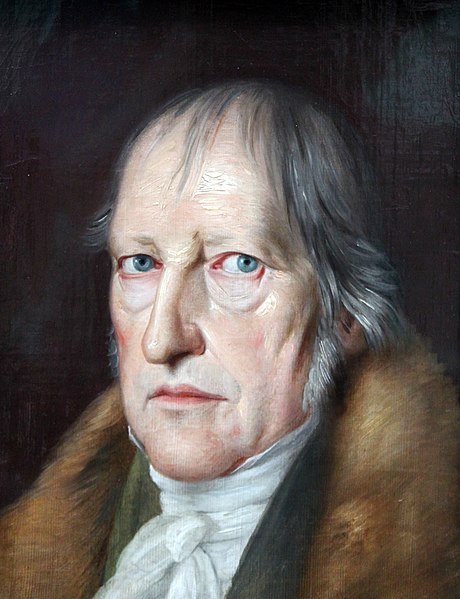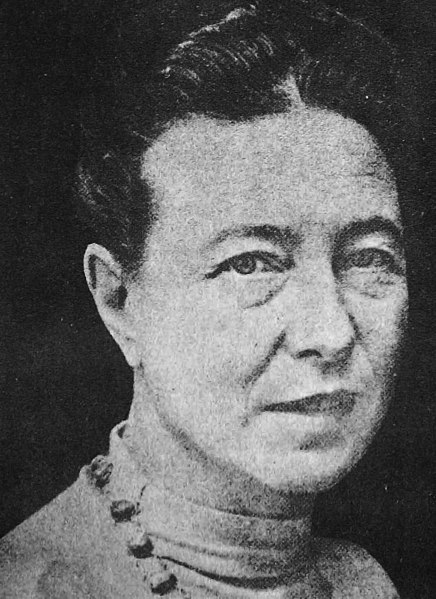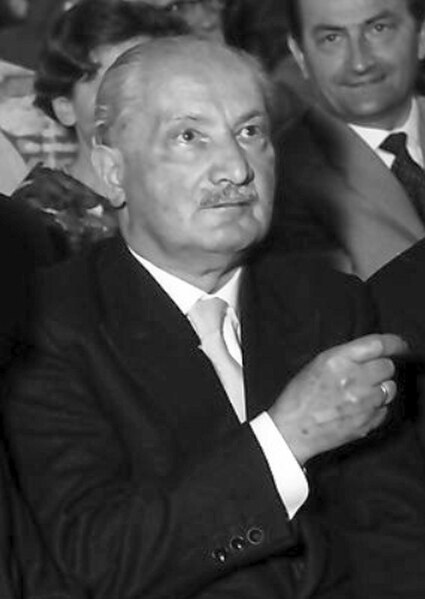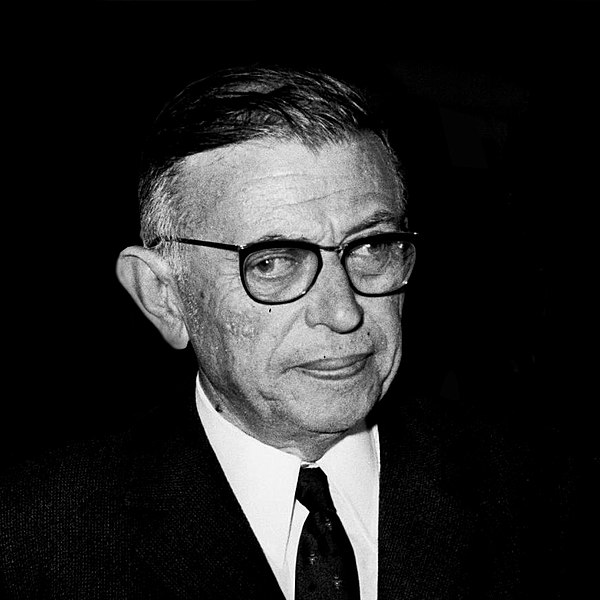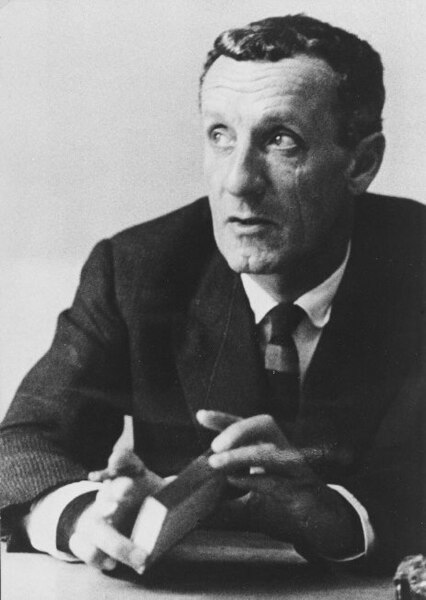Other is a term used to define another person or people as separate from oneself. In phenomenology, the terms the Other and the Constitutive Other distinguish other people from the Self, as a cumulative, constituting factor in the self-image of a person; as acknowledgement of being real; hence, the Other is dissimilar to and the opposite of the Self, of Us, and of the Same. The Constitutive Other is the relation between the personality and the person (body) of a human being; the relation of essential and superficial characteristics of personal identity that corresponds to the relationship between opposite, but correlative, characteristics of the Self, because the difference is inner-difference, within the Self.
The founder of phenomenology, Edmund Husserl, identified the Other as one of the conceptual bases of intersubjectivity, of the relations among people.
The idealist philosopher G. W. F. Hegel introduced the concept of the Other as constituent part of human preoccupation with the Self.
The philosopher of ethics Emmanuel Lévinas said that the infinite demand the Other places on the Self makes ethics the foundation of human existence and philosophy.
The philosopher of existentialism Simone de Beauvoir developed the concept of The Other to explain the workings of the Man–Woman binary gender relation, as a critical base of the Dominator–Dominated relation, which characterises sexual inequality between men and women.
Phenomenology (philosophy)
Phenomenology is the philosophical study of objectivity and reality as subjectively lived and experienced. It seeks to investigate the universal features of consciousness while avoiding assumptions about the external world, aiming to describe phenomena as they appear to the subject, and to explore the meaning and significance of the lived experiences.
Edmund Husserl
Martin Heidegger
Jean-Paul Sartre
Maurice Merleau-Ponty

